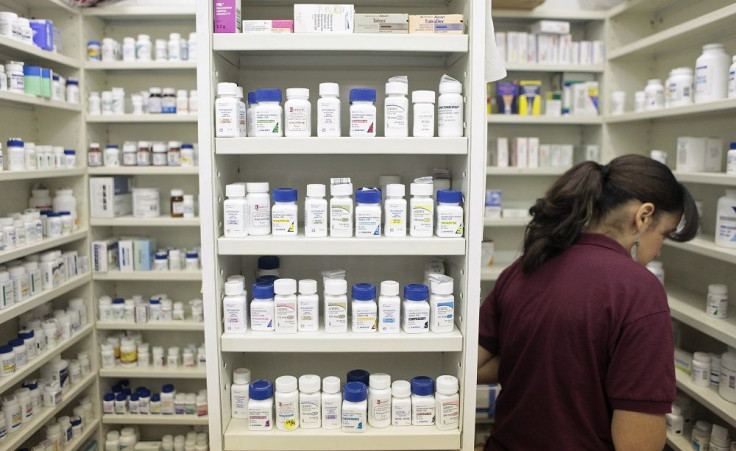400 PBS-listed prescription drugs in Australia drop prices up to $20 or 60%
In next 5 years, hundreds of cancer drugs to enter market

Prices of more than 400 prescription drugs in Australia would go down by up to $20 or up to 60 percent, including medications for cancer and hypertension. The lower prices is because the yearly changes to Australia’s Pharmaceutical Benefits Scheme (PBS) take effect.
Some of the drugs on the list at reducing prices for the first time, says Health Minister Sussan Ley on Sunday. Among the drugs dropping prices are Lenalidomide and Dasatinib, which are patent-protected cancer medication, Adalimumab for Crohns disease and Bosentan for cardiovascular ailments, reports News.com.au.
Expected to benefit the most from the price cut are Aussies with multiple chronic conditions such as high blood pressure, heart disease, depression and eye disease. They could save as much as $500 a year, estimates Ley. Multiple chronic ailment patients are also the target of a Healthier Medicare package that Australia would implement on a trial basis on 65,000 Aussies.
Overall, taxpayers would save about $1 billion are patent-protected medication on the PBS for five years will offer a one-off five percent price cut for the first time. The minister adds that by October, there would be more discounts when it would be the cost of cheaper generic versions reflected and not the expensive premium brands for thousands of common drugs.
Ley says the savings would mean new medicine could be added to the PBS. “Since the introduction of these reforms, we have invested more than $3 billion in listing new medicines on the PBS, including breakthrough cures for melanoma, breast cancer and hepatitis C,” says the minister.
Meanwhile, hundreds of cancer drugs would enter the market within the next five years, disclose researchers from the University of Sydney’s Centre for Values, Ethics and the Law in Medicine. But about 90 percent will be targeted therapies which would likely make these drugs more expensive, according to Dr Wendy Lipworth and Narcyz Ghiea.
They say the federal government would be under strong pressure to subsidise the medication since launch price of cancer drugs increase 10 percent annually for almost 20 years.
One cancer drug that was listed on the PBS, with the help of businessman Ron Walker, is Keytruda. The chairman of the Australian Grand Prix Corporation tried the drug in 2015 by participating in the first clinical trial of melanoma medication in the US. In March, Walker was declared cancer-free, reports The Sydney Morning Herald.
One option for Aussies struggling with the high cost of cancer drugs is to enroll in clinical trials like the way Walker did or acquire the medication privately for free or at lower prices under the PBS.





















